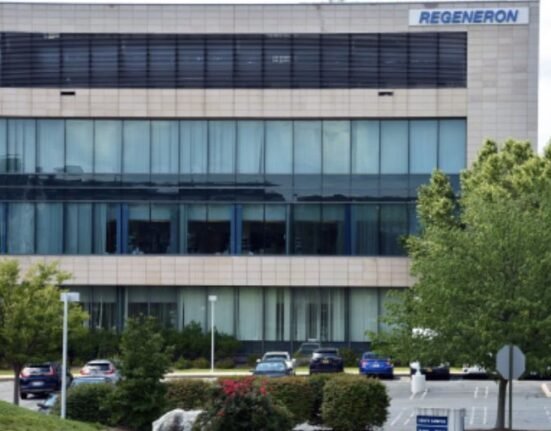HQ Team
October 28, 2023: Advisers to the Food and Drug Administration (FDA) are set to review a gene therapy for sickle cell disease, a genetic blood disorder.
The panel will look into, among other criteria, whether more research is needed into possible unintended consequences of the treatment. If the gene therapy gets approval, then it would be the first on the U.S. market based on CRISPR (gene editing).
Sickle cell disease is a painful hereditary blood disorder and treatments involve blood transfusions and rarely a bone-marrow transplant. Over half a million babies were born with sickle cell disease in 2021—with more than three quarters in countries of sub-Saharan Africa—and almost 8 million people were living with the disease globally, according to a report. It is more common in certain ethnic groups such as people of African Sahara and Indian descent. Scientists believe being a carrier of the sickle cell trait helps protect against severe malaria.
The disorder affects hemoglobin, the protein in red blood cells that carries oxygen. The mutation causes the cells to become sickle-shaped, which can block blood flow and cause excruciating pain, organ damage, stroke, and other problems.
Gene therapy for sickle cell
The one-time gene therapy requires no bone marrow donor. The therapy is called “exa-cel,” and is made by Vertex Pharmaceuticals and CRISPR Therapeutics. This new treatment involves permanently changing DNA in a patient’s blood cells. “This therapy offers the potential of a functional cure for patients with transfusion-dependent beta-thalassemia or severe sickle cell disease along with a favorable safety profile,” say the manufacturers.
Stem cells are removed from the patient’s blood and CRISPR is used to knock out the switching gene (that affects the hemoglobin). Patients get medicines to kill off other flawed blood-producing cells and then are given back their own altered stem cells.
The clinical trials involved less than 50 patients thus far, the nonprofit Institute for Clinical and Economic Review said in an evidence report.
Unwanted outcomes?
The ongoing concerns amongst gene therapy experts and regulatory bodies are that CRISPR though revolutionary, comes with a large number of unknowns, which are the possibility of “off-target effects,”— the unexpected, unwanted changes to a person’s genome.
If the treatment is allowed on the market, the company has proposed a post-approval safety study, product labeling outlining potential risks, and continuing research.
Another gene therapy for sickle cell by Bluebird Bio is awaiting approval by the FDA. Bluebird’s treatment is different and is aimed at adding functional copies of a modified gene, which helps red blood cells produce “anti-sickling” hemoglobin.
Treatment costs for sickle cell illness are very high and hover in the range of $1.5 million. No pricing has been mentioned by the companies, but it is estimated to be around $2 million.








